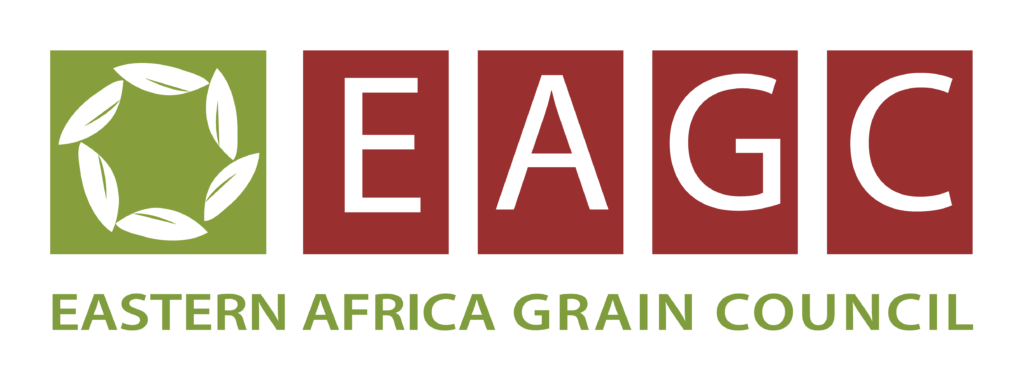EAGC held its 16th Annual General Meeting for the financial year 2021 to inform Members of its activities and future plans. The AGM was held at the Emara Ole Sereni Hotel in Nairobi with attendees including the EAGC Board of Directors, EAGC Members and stakeholders , EAGC Secretariat and invited guests.
The AGM was followed by a Members and Stakeholders Luncheon, graced by Ambassador Dragan Županjevac, Embassy of Republic of Serbia in Kenya. Amb. Dragan noted Serbia as a grain basket with the capacity to supply Europe with grain through its sustainable agricultural infrastructure, additionally noting that Serbia’s Chamber of Commerce has been exporting wheat to the Kenyan market. The Ambassador was keen to enter into strategic partnership with EAGC to increase the capacity of growing maize in Kenya through the World Institute for Maize which is hosted in Serbia and collaborating with players within the grain value chain to ensure that more opportunities are created for farmers and traders.
In addition, the ambassador pledged to promote smart agriculture in Kenya and invest in agricultural machinery to advance sustainable economic development an work with EAGC in support of lifting the existing wheat import ban.
The Luncheon, which was sponsored by Equity Bank Kenya, iGrain, the National Cereals and Produce Board, EFKen Limited and Grain Pro, convened about 100 grain industry stakeholders, among them farmers, traders, processors, financial institutions, agro-machinery vendors, agro-industry service providers, government, and development partners.
The Luncheon was followed by a regional trade facilitation forum (B2B), convened by EAGC with support from TradeMark East Africa, to bring together grain trading companies in Tanzania, Kenya and Uganda to create grain trading opportunities between them. This year, the forum sought to strengthen grain trade ties between Kenya, Uganda and Tanzania through cross border grain trade; provide trade financing by linking financial services providers to primary value chain actors in the 3 countries; and build understanding between agribusinesses and policymakers on cross-border trade procedures and constraints experienced in cross-border food trade. The B2B facilitated exporters of maize, finger millet, sorghum, rice and soybean and other assorted grains who signed trade contract agreements amounting to 85,000MT worth over USD 64, 000, 000 with Kenyan buyers.
The AGM hosted exhibitors on the sidelines who showcased innovations featuring new technologies and innovations in food lab testing, trade financing, grain value addition, post-harvest handling and good storage practices among others that resulted in record sales by service providers to stakeholders present.

